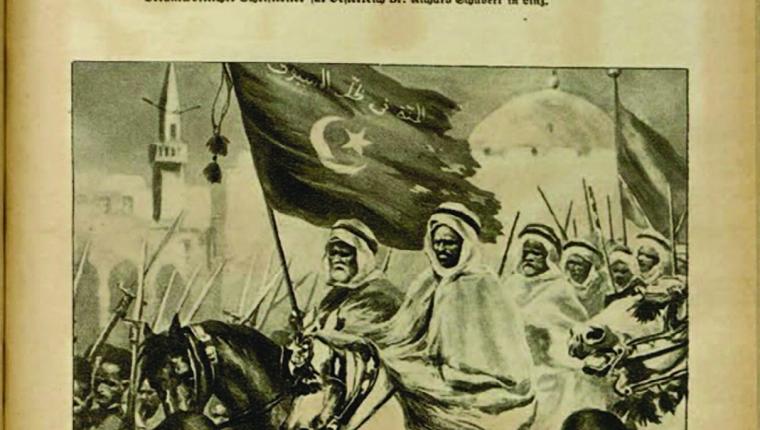
Mohammad, B. S. (2023). Nationalism within the Ummah a discussion of Atatürk in the works of Kazi Nazrul Islam. BRIQ Belt & Road Initiative Quarterly, 4(4), 68-79.

This work is licensed under a
Creative Commons Attribution 4.0 International License.
The Muslim rule in the Bengal Delta began with Turkish Ikhtiyār al-Dīn Muhammad Bakhtiyār Khaljī of the Ghūrid army of Afghanistan. The Ottoman Caliphate was established in today’s Türkiye during the same century. The foundation-stone of warm relations between the Bengali Muslims and the Turks was laid then, and it remains intact after many ups and downs. When the Bengali Muslims agitated against the Colonialist British during the early 1920s, the independent and sovereign Ottoman Empire was considered the Guardian of Islam and became their source of inspiration. Consequently, when the Ottoman Empire was disbanded after the First World War, massive mobilizations intended to protect the Institution Of Khilafat spread over the Islamic world. This unique episode is recorded as the Khilafat Movement in history. However, after the Turkish hero Mustafa Kemal Atatürk (19 May 1881-10 November 1938) had disbanded the caliphate, the Khilafat Movement in the Former Mughal Empire ended. Like other Muslims worldwide, many Bengali Muslims failed to endorse Mustafa Kemal’s reforms, which had been an issue of discussion and debate around the Muslim world due to disbanding of the 600 years-old Ottoman Empire. However, the situation changed when many Bengali Muslim intellectuals supported the Turkish hero. Kazi Nazrul Islam, the National Poet of Bangladesh, was the pioneer among those who supported Kemal Atatürk in Bengal. He, who declared a do-or-die revolt against the British colonial rule in the Former Mughal Empire, was mesmerized by Atatürk’s heroism. This paper intends to study the factors behind Kazi Nazrul Islam’s fascination with Ataturk.
Keywords: Mughal Empire, Bengal Muslims, Enver Pasha, Caliphate Movement, Mustafa Kemal.
